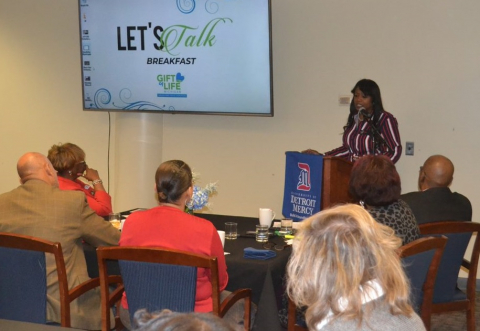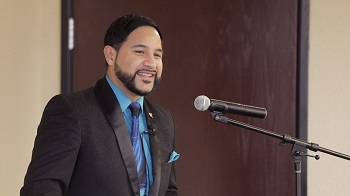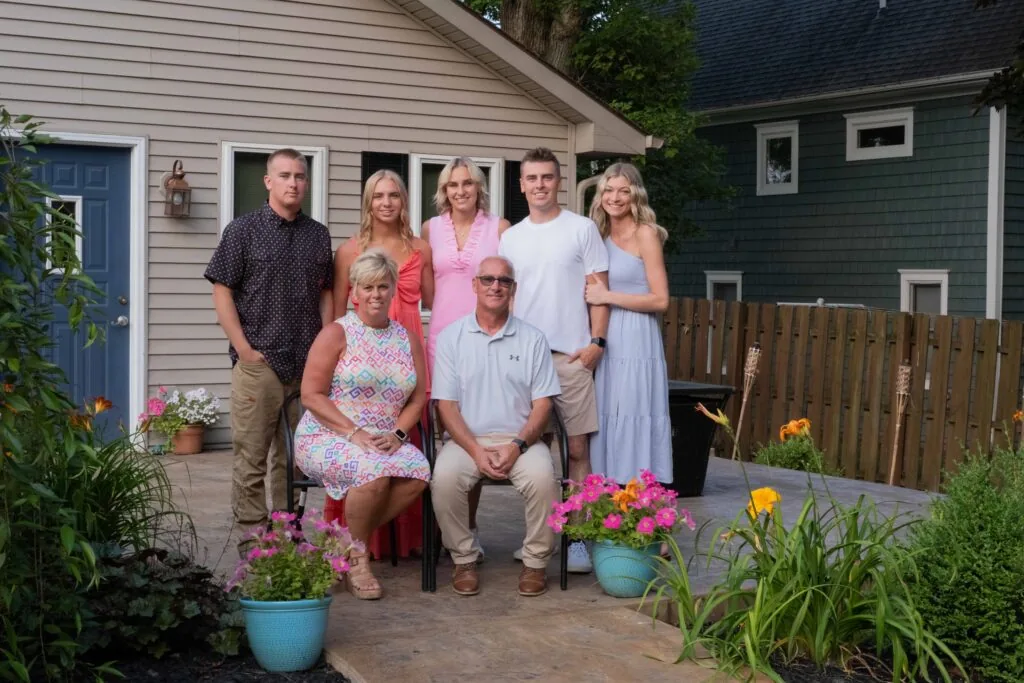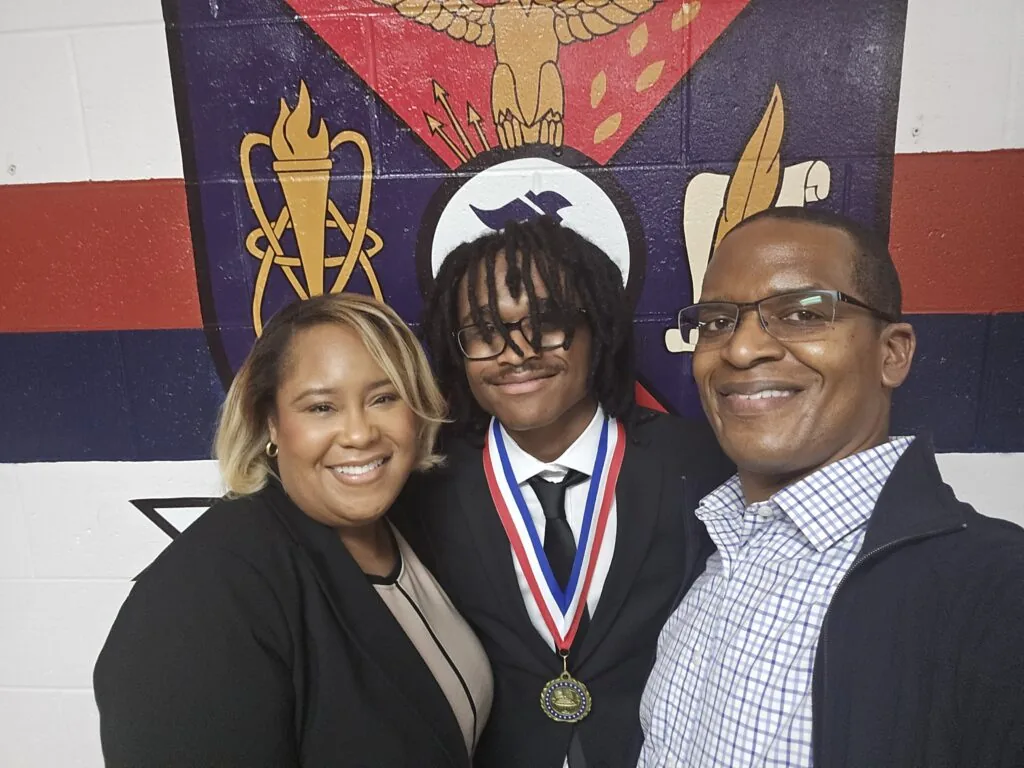
Jerome Espy was talking about the need for organ, tissue and eye donors at an event last year when heard a familiar phrase:
“Oh no, I’m not doing that. I’m taking my organs with me.”
Espy, who received a donated kidney about a year ago, said it was an important reminder of common thoughts and myths regarding organ and tissue donation and the subsequent need for the Let’s Talk campaign initiated this year by Gift of Life Michigan and the Minority Organ Tissue Transplant Education Program foundation (MOTTEP).
“I know those kinds of attitudes exist in our community,” said Espy. “That’s why ‘Let’s Talk’ is important.”
The Let’s Talk program is Gift of Life Michigan’s first multicultural campaign designed to increase awareness of the need for more donors in multicultural communities, dispel common misconceptions about organ, tissue and eye donation, and to help people make informed decisions about the process. Espy, along with Gift of Life ambassadors, community advocates and influencers, got together recently to talk about its successes and to discuss its future.
Remonia Chapman, Gift of Life’s community outreach manager and director of MOTTEP, said the Let’s Talk program has made progress throughout the year, reaching out to the African American, Arab American and Hispanic American population in Michigan through community events, social media campaigns, dialogue circles, educational videos and televised public service announcements.
“It is critical that we encourage conversations about the importance of organ and tissue donation in order to positively impact our communities,” she said. “It is our belief that increased dialogue will lead to increased awareness. Awareness will lead to the action that will save and transform more lives – that’s our commitment to our community.”
Still, more education is needed. Terra Defoe, a liaison for Detroit Mayor Mike Duggan’s office, spoke to the common misconception that hospital staff will not work as hard to save patients if they know they are registered organ, eye and tissue donors. Her son Emilio became a donor at the age of 24, despite feverish attempts to save him, bringing him back to life seven times during a 10-hour heart procedure.
“There are people in our African American community who feel that organ donation isn’t important. You’d be surprised by how many people do say those things and not realize what they’re saying,” she said. “We have to have these conversations. We have to have them in our community. We have to put everything else aside and talk about life. This is what’s important.”
It’s also important, she said, to have those conversations earlier. She urged people to discuss the issue when they get together with family or friends, even though it may be a difficult subject.
“We miss this opportunity to have the conversation with the younger generation until our sons are laying in a hospital bed and the doctor says: ‘He needs a kidney. We have to find a match.’ We have to get engaged now. We have to have these conversations now,” Defoe said.
“We argue and fight about every stupid thing around us, but here you have something that can help somebody else—and yet we don’t want to have that conversation,” she added. “We don’t have the conversation about life and preserving life. There’s never going to be a perfect time. We all know that. But we all know someone who can be an influencer in our family or in our circle and just have the conversation.”
 The community can get involved in 2020 by:
The community can get involved in 2020 by:
- talking to your loved ones about organ and tissue donation
- signing up to be a donor and encourage others to sign up
- visiting GOLM.ORG/LETSTALK to join the conversation
- sharing the message on social networks using the hashtags #LetsTalk and #GiftOfLifeMich
“If you don’t have conversations with people, you never break down barriers or help them understand what’s going on,” added Rico Razo, who is also a liaison with the Detroit mayor’s office.
For more inform ation about the Let’s Talk initiative or to find ways to get involved, visit www.golm.org/lets-talk.







